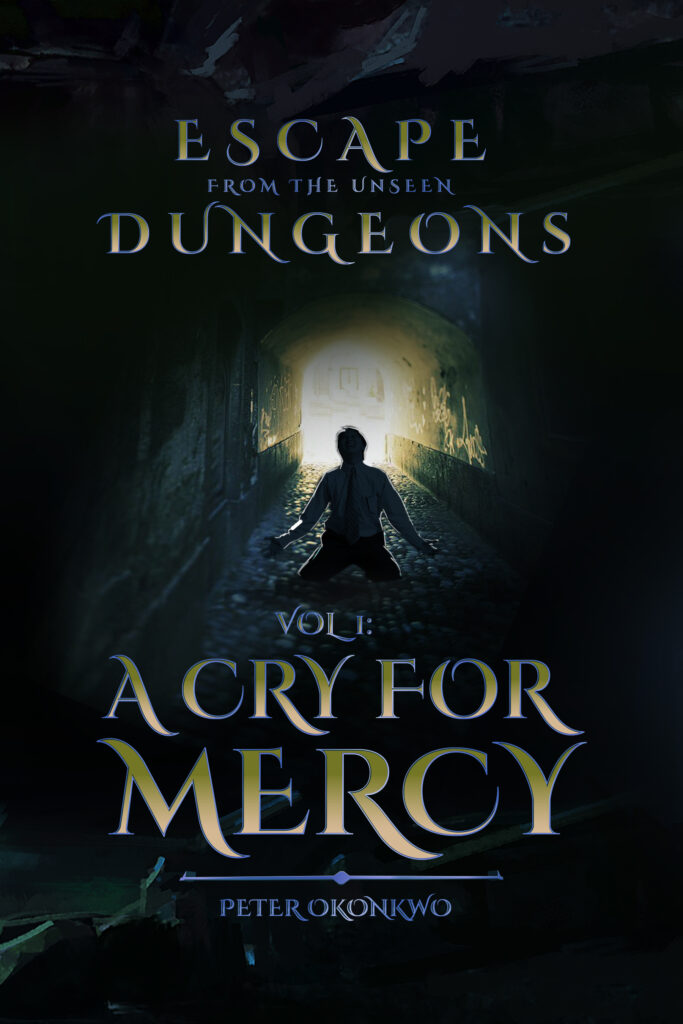

Do you hear from your readers much? What kind of things do they say?
The only way I get to hear from my readers is through the reviews I get. And thus far, I’ve been getting some pretty positive reviews. When it comes to feedback, the readers’ choice of genre matters a lot. The books I’ve written so far are on the theme of Philosophy, and Spirituality, though they are kind of diverse in titles, but then, if such themes were picked by someone who for instance, doesn’t believe in spirituality, or isn’t a fan of philosophical writing, it will sadly be bad feedback. This is where the target audience comes in place. So, yes, I do hear from some of my readers. Some say my writing speaks to their life, and that it reminded them of some certain point in time in their lives. Some said it makes them think and I took them on a different dimension of life and perception. I’ve got some impressive responses about my book, “Whose Fault, Kismet or Impediment?” Where some people said, it gave them a new approach and perception of how to navigate whatever obstacles they encounter in life. You know, such kind of responses intrigues me as a writer and it gives me the power to do more. Some of the amazing responses I’ve also got were someone saying that my writings are way beyond my years. That I am a young man, yet, write like an elder full of wisdom. That particularly, I cannot forget.
How did you come up with the titles for your books?
Thank you so much. I have a keen method of selecting my titles. I choose “Fate In the Dungeon of Doom” because the theme of the book expounds on my philosophical questions about the reality of human destiny, and my attempt to demystify the sort of difference that exists between human fate, destiny, and God. Also, the tone of the narrator was quite hard, and sorrowful. So, Fate in the Dungeon of Doom is the perfect title that I can think of. The same thing applies to my other titles. I select my titles based on the array of theme that is predominant in the book. Also, each of my books has a particular theme to convey. So, that also makes it easier as well.
How do you process and deal with negative book reviews?
Reviews are subjective, so I don’t take them seriously. Also, I write on a theme that many people might find very argumentative and so, most of my claims, and philosophical assertions might be widely debated by some readers. I have had some atheists who read my book, and conveyed their thoughts on it, it was negative because they don’t believe in fate and spirituality. I’ve had one particularly write me after reading my Escape from the Unseen Dungeons book series that he doesn’t believe in Demons, Spirits, God, Evil Spirits, and the rest. On the other way round, most people believe in the existence of these things. So, feedbacks and reviews are very subjective. More reason why focusing on one’s target audience would be a great way to curb some negative feedback. But then, I enjoyed negative reviews too. As much as I love the positive ones, I love the negative ones too. I’m even more interested in seeing the negative ones over the positive ones. It might sound funny but anyone ready to long career as an author must have an open mind towards negative feedback and realize that it’s part of the journey.
How long does it take you to write this book?
Ecstasy of the Dead took me a year, I started compiling it in 2019 and I published it by October 2020. Fate In the Dungeon of Doom followed, and that took five months. Whose Fault Kismet or Impediment took five months as well. A Cry for Mercy took me a year to write it. And How the Demons Leave took me seven months to work on. These are poetry collections, and to me, they are much easier to write than crafting a full-length novel which funnily I have been writing one since 2019 and I’m still at chapter 9.
How many books have you written, which is your favorite?
I have written 6 books so far, and it’s hard to choose a favorite. But if I will have to compulsorily choose a favorite, then, I would like to go with A Cry for Mercy, the first book in the series of Escape from the Unseen Dungeons.
What inspired the idea for your book?
A lot of things inspired the making of my books. I love to think of myself as a philosopher, I love to think of myself as a thinker. My books are inspired by an array of themes, topics of interest, questions, and curiosity. I like asking questions about fatalism, obstacles, destiny, spirituality, and many more. These questions come together to form the array of themes that I write about. In “Whose Fault Kismet or Impediment” I asked questions about the relationship that exists between obstacles and human fate. Trying to know if obstacles are made by God, Evil forces, or if it’s a natural occurrence. I tried to demystify the sort of realness that exists between human fate and obstacles because truly there is no human being who hasn’t experienced obstacles in one or many areas of their life. And the discretion of them to navigate through those obstacles might be very hard. That was why I choose to poetically demystify the connection between destiny and obstacles.
What is the most difficult part of your writing process?
Marketing. The success of a writer depends on how far his books go. Writing is great, but marketing is where the actual job lies. If there’s any process that I considered difficult, it is marketing.
What part of the book did you have the hardest time writing?
I have a hard time writing, How the Demons Leave, the sequel to A Cry for Mercy. The part I struggled with in the book was my attempt to make it not too spiritual. At first, I want to hide under philosophy and see if I would be able to fully communicate my thoughts with philosophical poetry, but I realized that I have to come out plain and express my thoughts via spiritual poetry. That was what I struggled with, but I’m glad I eventually decide which is good for me, and the book has been receiving great feedback so far.